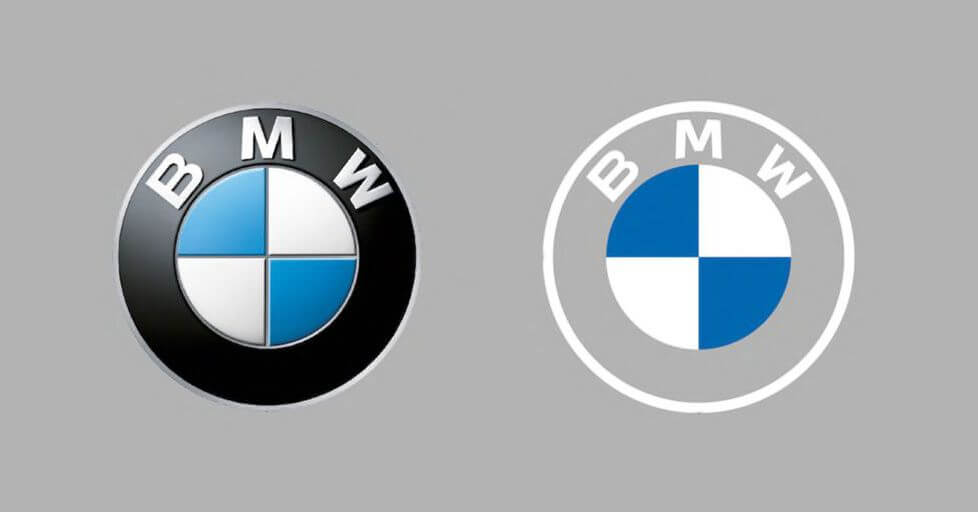Luxembourg is a great place to do business. The country has a strong economy, and its location in the heart of Europe makes it an ideal gateway to the continent. There are many things you need to consider if you want to set up a company in Luxembourg, but with the right planning and preparation, your business can thrive.
Here are six basic things you need for your company to be successful in Luxembourg.
Choosing A Business Structure
This decision will impact factors such as taxation, liability, and management. The most common structures for businesses in Luxembourg are sole proprietorships, partnerships, limited liability companies (LLCs), and public limited companies (PLCs).
If you are a freelancer or running a small business, a sole proprietorship might be the best option. This structure is relatively straightforward. However, keep in mind that you will be personally liable for all debts and obligations of the business.
Partnerships are suitable for businesses with two or more owners. Each partner will share liability and management responsibilities. There are different types of partnerships, such as limited partnerships (LPs) and general partnerships (GPs). Special limited partnership, however, is most commonly used in Luxembourg. It offers limited liability to some partners while others have unlimited liability.
Finally, LLCs are similar to partnerships, but with one key difference: the liability of each member is limited to their investment in the company. This structure is often chosen by businesses that are looking for flexibility in management and ownership.
A Business Plan
This is essential for any company, no matter where it is located. You need to have a clear idea of your business goals and objectives, as well as how you intend to achieve them. It should include a marketing plan, financial projections, and a clear understanding of your target market. It also needs to be clear what your unique selling points are. An official business plan will also be required if you are looking for financial support from banks or investors.
On the other hand, if you are a freelancer or working on a startup, a less formal business plan can be helpful as well. It will give you a clear overview of your company and help you track your progress. However, make sure to update it regularly as your business evolves.
Business Bank Account
You will need a business bank account to manage your company’s finances as it will make it easier to track expenses, invoices, and income. It will also be helpful when it comes time to file taxes. Many banks in Luxembourg offer business accounts. However, make sure to compare the fees and services before you choose one.
Additionally, you will need a place to store your company’s money and keep track of its financial transactions. It will also help you monitor your company’s spending. Make sure to keep your business account and your private one separated, as commingling personal and business funds can lead to legal problems down the road.
Luxembourgish Company Registry
This is a necessary step to officially register your company in Luxembourg. The process can be done online, and you will need to provide some basic information such as the company’s name, address, contact information, and business activity.
So, if you want to operate a business in Luxembourg, you will need to apply for a trade license from the local Chamber of Commerce. Depending on the type of business you want to set up, you might need a special business license. For example, if you are planning to open a restaurant, you will need a food permit. If you want to run a financial services company, you will need to apply for a license from the CSSF.
It is also important to know that all businesses in Luxembourg are required to have a registered office address. This is the address that will be used for all official correspondence, such as tax notices, legal documents, and government forms. It is important to choose a physical location rather than using a P.O. box or virtual office.
VAT Registration
If your company is registered for VAT in Luxembourg, you will need to charge VAT on all of your products and services. The standard VAT rate in Luxembourg is 15%, but there are also reduced rates for certain items such as food, books, and children’s clothes. You can also apply for a VAT refund if you are exporting goods outside of the EU.
Additionally, you will need to file quarterly VAT returns and make monthly VAT payments. Failure to do so can result in hefty fines.
Nonetheless, you will need to register for VAT if your company’s annual turnover is above €30,000. You can do this online through the Luxembourgish Tax Administration website, just make sure to have your company’s registration number handy. Also known as the RC, this is a unique number that is assigned to every business in Luxembourg. You will need it for various administrative tasks, such as opening a bank account or registering for VAT.
Business Insurance
Finally, business insurance is important everywhere and Luxembourg is no exception. Deciding on the right insurance for your company can be tricky, but it is important to make sure that you are adequately covered.
For example, if you have employees, you will need to have employer’s liability insurance. If you are using your vehicle for business purposes, you will need to have commercial car insurance. There are many other types of insurance that businesses might need, such as property damage insurance, product liability insurance, and professional indemnity insurance.
It is important to speak with an insurance broker who can help you assess your company’s risks and choose the right policies.
As you can see, there are a few things that you need to take care of if you want to set up a company in Luxembourg. However, don’t let this deter you – the process is relatively straightforward and the rewards can be great. With a little planning and some help from professionals, you can have your business up and running in no time.
About the Author
Martin Brown is a digital marketing and digital asset management specialist. He has been in the industry for over a decade, helping people understand digital technology and apply them to their business.
This content was originally published here.


